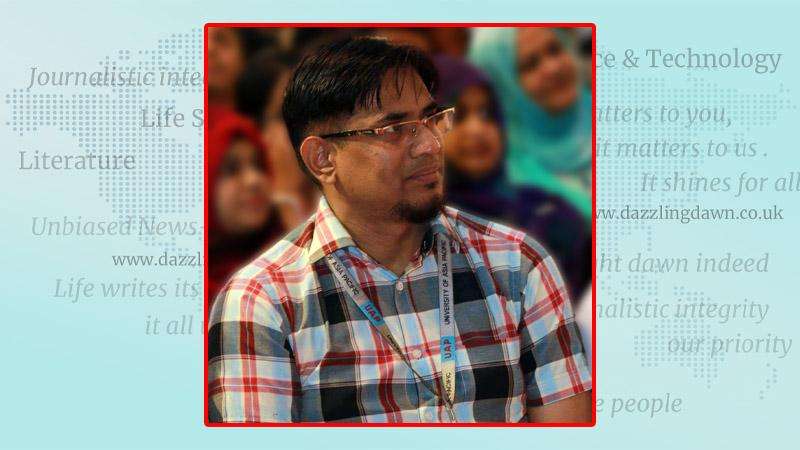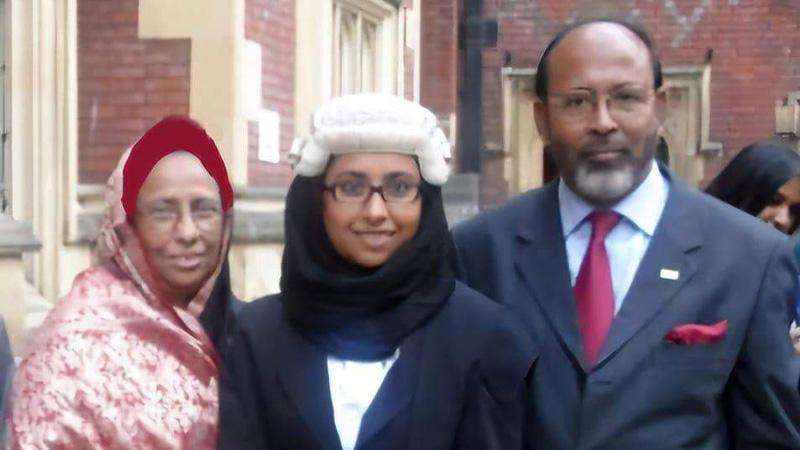Jamaat-e-Islami, formerly known as Jamaat-e-Islami Bangladesh, a faction of Jamaat-e-Islami Pakistan, is once again asserting its presence in Bangladeshi politics. The party, which does not recognize nationalism and advocates for the establishment of a state governed by Sharia law, has expanded its influence beyond Bangladesh, with branches in India, Pakistan, the UK, and even Africa.
Following the fall of the Hasina administration, Jamaat-e-Islami has re-emerged as a significant force. After Prime Minister Sheikh Hasina fled the country, Bangladesh's Army Chief General Waqaruzzaman invited Jamaat’s Ameer to discuss the future of Bangladesh. This meeting effectively legitimized Jamaat-e-Islami, despite its previous ban from Bangladeshi politics. The Bangladesh Supreme Court subsequently restored Jamaat's legitimacy in the political arena.
Since then, Jamaat-e-Islami has positioned itself as a major political party. Although traditionally allied with the Bangladesh Nationalist Party (BNP), Jamaat now appears to be operating independently. The party has expressed support for the Interim Government of Bangladesh, led by Dr. Yunus, and has announced its willingness to allow time for electoral reforms. This move was made without consulting its long-term ally, the BNP, raising concerns within the party.
In a surprising move, Jamaat’s Ameer recently announced that the party has pardoned all atrocities committed by the Awami League government. This statement has sparked outrage, with the BNP arguing that such a pardon undermines the sacrifices made by those who fought to oust Sheikh Hasina from power. The statement from Jamaat even caught student leaders by surprise, as they believed it would undermine the spirit of the student movement.
Jamaat-e-Islami's controversial past, particularly its role in opposing Bangladesh’s independence, led to its earlier ban. The party has historically resisted efforts to divide the nation, opposing the two-nation theory during British rule. However, recent developments suggest that Jamaat may be positioning itself for a potential victory in the next national election, despite receiving only around 4% of the vote in previous elections. Jamaat has traditionally performed better when allied with the BNP, a secular party that reflects the non-communal nature of Bangladesh.
One reason for Jamaat's rising acceptance may be its stance against family-led political parties, unlike the BNP and Awami League, which are led by the families of Sheikh Mujib and General Ziaur Rahman, respectively. Additionally, Jamaat claims that its members are free from corruption, further boosting its appeal.
In a recent development, Bangladesh Jamaat-e-Islami has expressed its desire to maintain a friendly relationship with India. However, the party has not clarified its position regarding India's concerns, as New Delhi continues to accuse Bangladesh of fostering Islamic terrorism and fears that Prime Minister Sheikh Hasina's potential downfall could lead to a rise in extremism.
Meanwhile, the Chinese Ambassador to Bangladesh, Yao Wen, met with Jamaat's Amir, Dr. Shafiqur Rahman, and commended the party for its discipline and organization, further fueling speculation about the evolving political landscape in the country.
However, recent comments by Brigadier General (Rtd.) Aman Azmi, son of Jamaat-e-Islami Bangladesh’s founder Golam Azam, has sparked controversy. Azmi suggested that Bangladesh’s national anthem, written by Nobel Laureate Rabindranath Tagore, should be changed, alleging that it was chosen to strengthen Indo-Bangladesh relations. This remark has ignited widespread protests on social media, reminding many of the cultural oppression faced during the Pakistan era. The suggestion has left people questioning whether Jamaat-e-Islami is reverting to its old stance of promoting Islamic Sharia law and opposing Bengali culture.
As Jamaat-e-Islami continues to gain political ground, the people of Bangladesh, known for their moderate Muslim identity, face a crucial test of their values and identity in the upcoming political landscape.
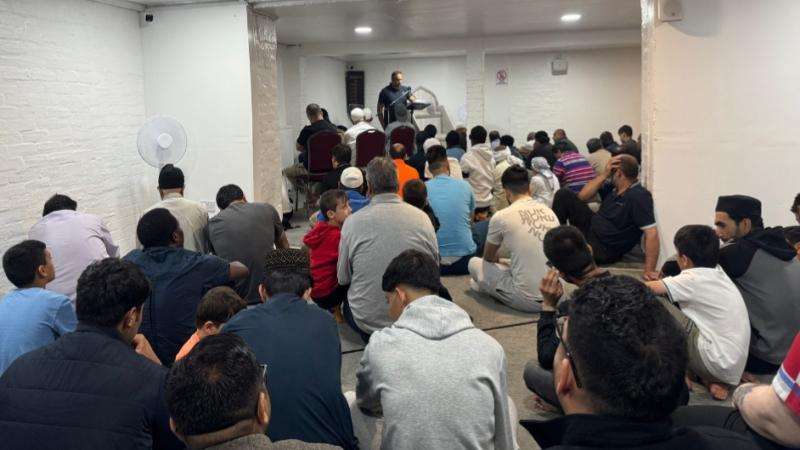
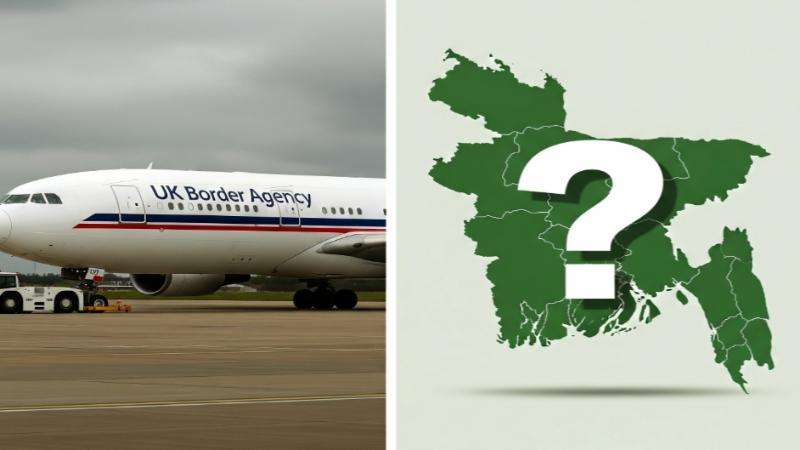





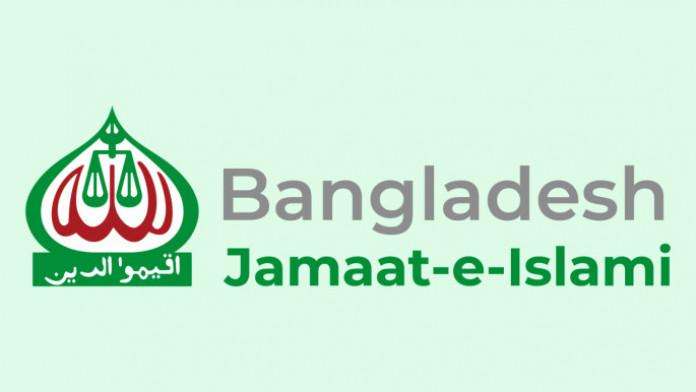
.svg)

